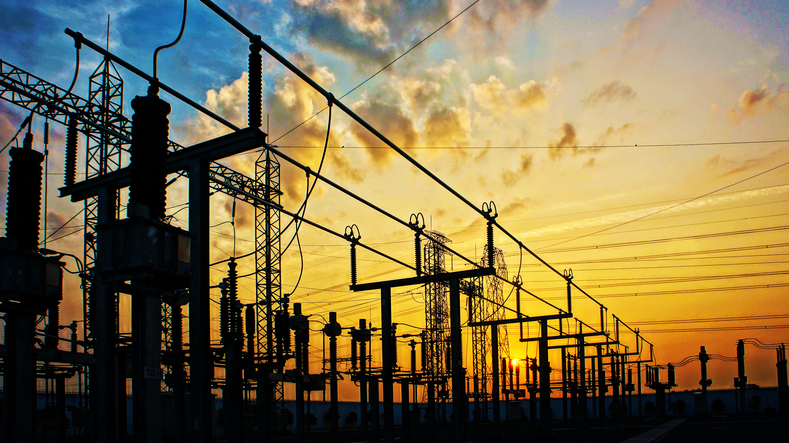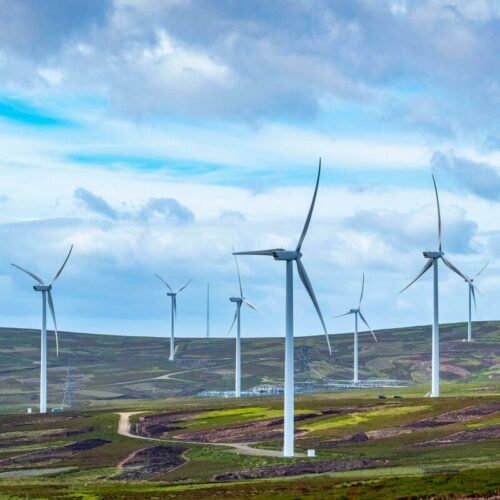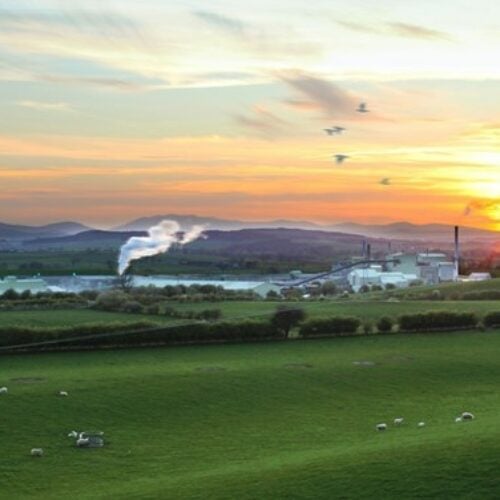Large incumbents such as the ‘Big Six’ utilities have a dominant and undue influence over UK energy policy, potentially holding back a clean power transition, a new report has claimed.
The ‘Gridlock in UK Power Markets’ report, co-authored by lobbying group InfluenceMap and the Friends Provident Foundation, claims that the Big Six maintain “close control” over critical policy details by maintaining close relationships with the Department for Business, Energy and Industrial Strategy and industry regulator Ofgem.
This influence, or ‘regulatory capture’ as the report describes it, is at risk of resulting in a dysfunctional energy market given the rate at which technology trends are changing.
The report argues that energy market incumbents have sought to undermine new entrants to the market and emerging technologies, specifically by campaigning against renewable technologies. This has been enforced by repeated messaging arguing that support of renewables is likely to send power prices up and energy security down, messaging which has caused trouble for trade bodies like the Renewable Energy Association and Community Energy England.
It looks to substantiate its claims by stating that the Big Six, National Grid and trade organisation Energy UK have met with policy makers 166 times in the past two years; more than twice the number of all other power market entrants.
“The research shows the incumbent utilities in the UK, through persistent and strategic capture of the policy process, appear to be clinging to outdated business models. History shows this usually ends badly for the shareholders of the companies most resistant to change,” Dylan Tanner, chief executive at InfluenceMap, said.
The report points at incumbent utilities in Germany, specifically E.On and RWE, which saw a near 80% drop in profitability when the country’s Energiewende – a set of policies enacted in the 2000s to drastically decarbonise Germany’s power generation – began to diminish their standing.
It goes on to suggest that a distinctly similar transition is already gathering pace in the UK, one that stands to be driven once more by the government’s new Clean Growth Strategy, before going on to warn that Big Six investors could see a similar drop in returns.
Colin Baines, investment engagement manager at Friends Provident Foundation, said there is an “emerging consensus” that the UK’s energy market is facing “unprecedented disruption” at the hands of more decarbonised, decentralised and democratised energy.
“It should concern investors that the business models of the Big Six appear to be based on their current ability to maintain the status quo via regulatory influence. It should also be a concern that none of the Big Six’s lobbying activity is sufficiently aligned with this 3D transition, an indicator that they are perhaps not adequately preparing for the market disruption they face,” he added.
The report does however appear to overlook how many of the so-called ‘Big Six’ are increasingly positioning themselves to take advantage of the energy transition.
Earlier this year E.On brought its domestic solar-plus-storage proposition to the UK market, and the company’s CEO Johannes Teyssen has repeatedly spoken of taking a lead in new energy markets. More recently the group connected the UK’s first EFR-backed storage project and combined with Enel to complete what it billed as the world’s first blockchain-enabled power trade.
Centrica has too looked to steal a march on its rivals in battery storage, with construction of a 49MW battery currently underway. It has also invested in nascent technologies like AI and distributed power platforms, and launched a cutting edge smart grid trial in Cornwall.





